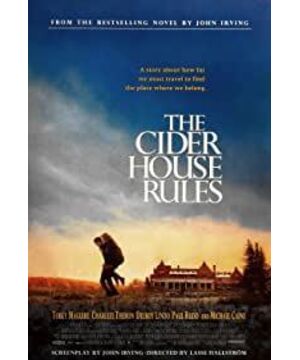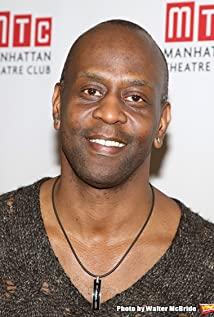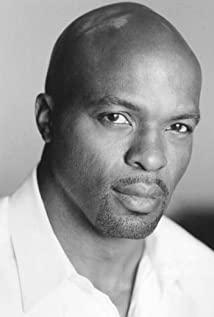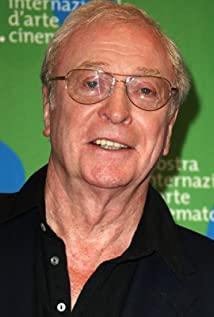This movie is like a small stream, without grand ambitions, but you can find a lot of things at the bottom of the stream if you look closely.
Homer's family, love, friendship, and career are more impurity than ordinary people: the "father and son" relationship that looks like or not, the underground love without a name, a friend whose personality collapsed because of incest, and wanders on the edge of the law. abortion profession.
Combining the above elements, it stands to reason that this movie can be quite "painful", and it makes sense to roar, tear and scratch your hair. However, on the contrary, under the control of the original book and the director, the film is light-hearted, slowly revealing the truth behind the beauty in a calm and soothing way. The soundtrack, beautiful rural scenery and girls, innocent and lovely orphans... all of these weaken and delay the pain, and guide the audience to grasp the prickly reality unconsciously. As if a few drops of ether were applied, the audience was put into a state of semi-anaesthesia and the operation was performed quietly. The pain is still painful, but the pain slowly recovered after watching the movie, and it lasted for a long time.
It's a "disillusionment" theme, where things that look perfect at first turn out to be twisted. So essentially it's harsh realism. But the director chose to wrap it in a soft blanket, I believe it was out of good intentions in his heart.
Despite this, there is still a faint sense of gnawing in the process of watching the movie. The most poignant passage is that an upper-class couple came to an orphanage to choose a child for adoption. In the cafeteria, the couple's scrutiny glances swept over the children at the table one by one. All the children were nervous, expressing themselves openly or secretly, like kittens and puppies for sale in cages, being picked by others. But there was a strong desire in their eyes, and their eyes were stiff due to being too nervous. One of the little boys even packed the suitcase, but in the end had to lie down in front of the glass window sadly, watching the selected little girl enter a new life with parents' love. He wanted to be picked so badly that he even shouted at the young couple who came to have an abortion: I'm the best! I'm the best! It hurts to see this. Children are so transparent, they show you everything they have, and they have everything they want written on their faces. They are nothing more than a home.
Fortunately, Homer finally returned, inherited the mantle of Dr. Larch, and took on the responsibility of giving pregnant women an option, and his way of caring for orphans was in the same vein as Dr. Larch, enough to comfort the deceased.
Homer represents most of the ordinary people. Only by taking some detours and stepping on some pits is it possible to recognize his mission. There are twists and turns, it is better than a chaotic life. Homer was lucky.
The ending is as ideal as a fairy tale, and it meets the audience's expectations appropriately. This is the favor of the movie world to us.
View more about The Cider House Rules reviews











